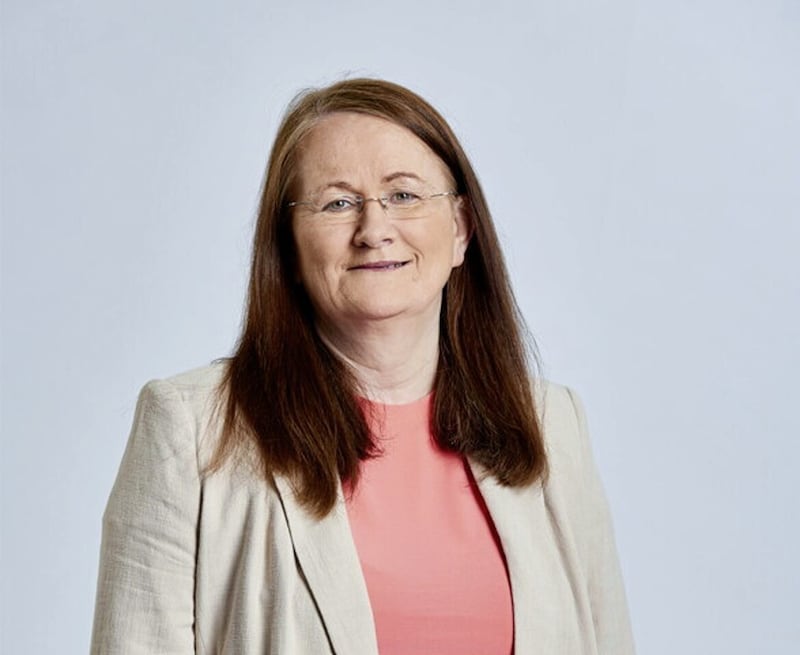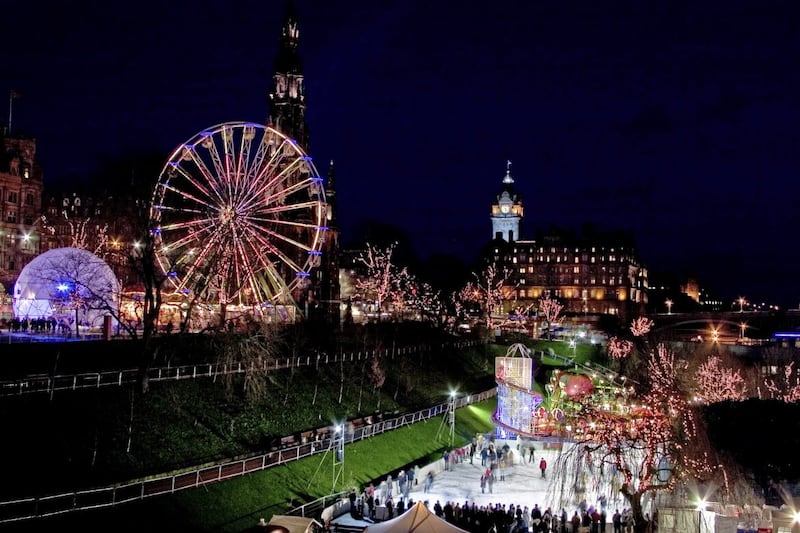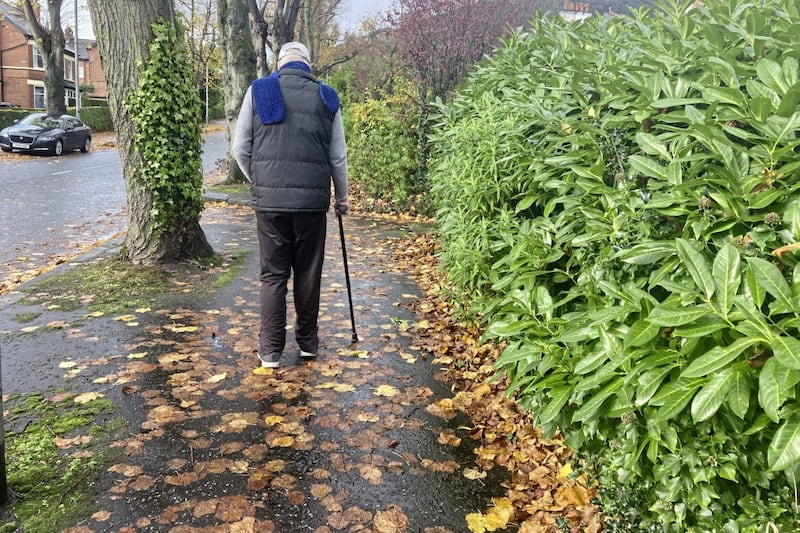THE Middle East continues to dominate the news headlines and the stories coming out of Palestine and Israel are harrowing whilst the war between Ukraine and Russia still rages, and we know of other places also in turmoil.
My thoughts go back to visiting Rwanda almost two years after the genocide of 1994. My journey begins at a small village church set in a clearing shielded by tall eucalyptus trees.
Read more:
Concerns as Palestinian teenagers who visited Belfast school now missing in Gaza
Hamas attack in Israel: Irish man Thomas Hand tells of how he has been unable to bury daughter (8)
Anne Hailes: Bed bugs - Don't panic but stay vigilant
The building has a corrugated roof and grilles on the windows. Inside there are rows of low benches in front of a brick altar with an open Bible on top.
The benches are empty of worshippers; only the remains of their lives lie on the mud floor – bones, looted suitcases, a water bottle and a left shoe, size four...
Outside the building a long trestle table is packed with pile upon pile of skulls, some with machetes still sticking out, others cracked and broken, many undamaged, but all bleached in the blistering sunshine.
The Hutu gangs swooped on schools and churches, homes and farms and indiscriminately slaughtered the Tutsi people they called 'cockroaches', using machetes and rifles, often to kill friends and sometimes relatives.
IT WAS SHOCKING
These wretched men, women and children had been brutally murdered in 100 days just months earlier. A ‘passage of tranquillity’ allowed me to travel through the country where the Rwandan civil war had raged between April and July 1994 when members of the Tutsi minority ethnic group were killed by armed Hutu militias. It’s estimated that up to 800,000 Tutsi died and up to half a million women and girls were raped.
When our local writer Tony Macaulay visited Rwanda he was deeply concerned and he reflected on the genocide by writing Kill The Devil which lays bare the history of those years.
Since then he has been very involved in reconciliation and is on the steering group developing the Rwanda Peace and Reconciliation Centre. His story is about a woman who lost her whole family to the Hutu militia, but she was left – they said she wasn’t worth raping. She had nothing to live for but she was rescued from the lake and, although she didn’t want to, she lived to meet the man who oversaw the massacre of her family.
It’s a powerful story, and hard to read at times, but the point is that after the war, the killings, the hatred and the hardship, eventually there was peace.
At the launch of his book earlier this year his co-writer Juvens Nsabimana joined us by Zoom from Nairobi and they talked of love and living in peace. There had just been a day of remembering all the people from all backgrounds who lost their lives in those 100 dreadful days.
“A day of reflection for young and old, healing through remembering and truth telling. It needs brave leadership to establish such a thing,” Tony added.
“Governments have never managed to do this. Here it needs to be led by Stormont – and if not Stormont, then the people should make it happen. Forgiveness is hard but if Rwanda can do it, so can we.”
But the question is can the two warring factions in the Middle East find a way to peace? At the moment it seems unlikely. Are the wounds too deep and too lasting?
A SAD GOODBYE
I can’t let today pass without paying tribute to Hugh Russell and Dawn Egan, two colleagues I worked with in this newspaper who lost their lives to cancer within the last 10 days.

Hugh was well known and loved as a boxer and a photographer, a man who was happy in his skin and who charmed every person he met or photographed. But above all, Hugh was a family man. As in his boxing career, he was concise in his newspaper work, understanding the subject before taking off the lens cap.
When I’d ask him for a photo to accompany a story he’d want to know what the emphasis was; he’d listen and smile and come back with a much superior angle that I had never thought of. I will miss him and his smile.

Last week Dawn Egan also lost her short fight against cancer. She worked on this page – and very many others in The Irish News – every week, taking my words and setting them onto the page, placing the photographs, working on the headlines and captions and the overall look of the pages.
Like Hugh, her dear friend of 40 years, she paid attention to every story with her unique insight and took them to another level of professionalism. She was a journalist but was also the first woman to work as a newspaper compositor designing page layouts; an honest woman, professional and dedicated; a daughter, a wife, a mother and grandmother, who was much loved by all who knew her.
Sympathies and love to both families at this dreadfully sad time.








